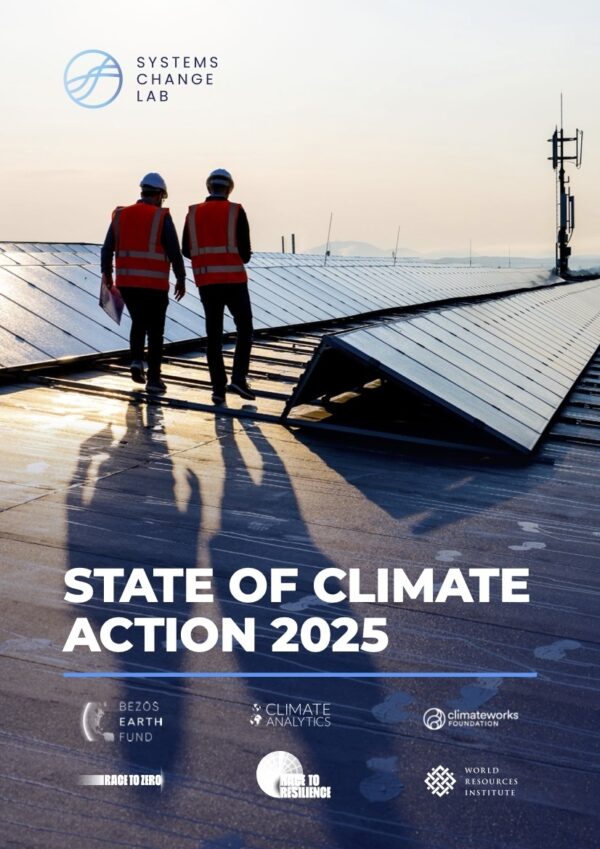The human imperative of stabilising global climate change at 1.5°C
Authors
O. Hoegh-Guldberg, D. Jacob, M. Taylor, T. Guillén Bolaños, M. Bindi, S. Brown, I. A. Camilloni, A. Diedhiou, R. Djalante, K. Ebi, F. Engelbrecht, J. Guiot, Y. Hijioka, S. Mehrotra, C. W. Hope, A. J. Payne, H.-O. Pörtner, S. I. Seneviratne, Adelle Thomas, R. Warren, G. Zhou
Share

The need to stabilise global climate
Climate change will be the greatest threat to humanity and global ecosystems in the coming years, and there is a pressing need to understand and communicate the impacts of warming, across the perspectives of the natural and social sciences.
Hoegh-Guldberg et al. review the climate change–impact literature, expanding on the recent report of the Intergovernmental Panel on Climate Change.
They provide evidence of the impacts of warming at 1°, 1.5°, and 2°C—and higher—for the physical system, ecosystems, agriculture, and human livelihoods.
The benefits of limiting climate change to no more than 1.5°C above preindustrial levels would outweigh the costs.











